Yearender: Predictions for 2016 through 20 questions
Updated: 2015-12-31 07:53
(China Daily)
|
||||||||
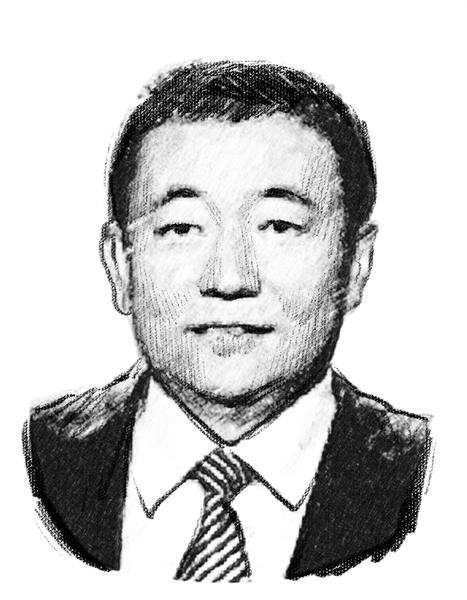 |
|
Zhou Yongsheng |
11. Will Sino-Japanese relations improve?
Zhou Yongsheng, a professor of Japanese studies at China Foreign Affairs University
Yes. Beijing-Tokyo ties do have potential to improve in the coming year, but some bumps are almost unavoidable. Japanese Prime Minister Shinzo Abe forced two controversial security bills through parliament this year, and these pose a grave security threat to China. Encouraged (or abducted) by the United States, Japan may, and in fact is, preparing to intervene in the South China Sea affairs. This is also worth noting.
Along with Abe's so-called value diplomacy that aims at containing China, the two countries' enduring dispute over China's Diaoyu Islands will remain a major sore point, even the most combustible part of the bilateral relations.
For example, both sides are yet to establish a maritime communication mechanism between their defense departments after a series of negotiations, which is thought to be related to Japan's refusal to include the Diaoyu Islands and its surrounding waters in the mechanism.
True, the Sixth China-Japan-Republic of Korea Summit resumed in Seoul last month after a three-year hiatus. But its diplomatic significance outweighs its actual impact on the three neighbors, as there has been little substantial improvement in China-Japan and ROK-Japan relations, although the recent compromise reached between Japan and the ROK may help improve ties between the two countries.
The biggest uncertainty in ties between China and Japan lies in Japan's persistent pursuit of becoming a "normal state", which is hardly convincing given its dubiously specified conditions for waging war; so major breakthroughs are not likely to happen in a short period of time.
To push for better ties between China and Japan requires Japan's sincere efforts to address the aforementioned concerns. For its part, China should keep engaging in high-level contacts with Japan, while encouraging economic cooperation and grassroots exchanges. Also, it could seek closer cooperation with other countries in the region to help Tokyo get rid of its parochial mentality.
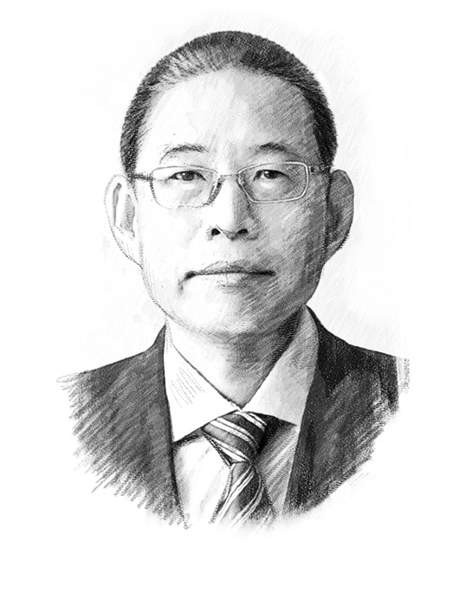 |
|
Jin Yongming |
12. Will the tensions in South China Sea and East China Sea escalate?
Jin Yongming, director of the Ocean Strategy Studies Center at the Shanghai Academy of Social Sciences
Possible, but they will be controllable. Basically, the disputes in the South China Sea with some members of the Association of Southeast Asian Nations and in the East China Sea with Japan, range from maritime borderlines and exploitation of oceanic resources to security issues.
In particular, it is almost impossible to peacefully resolve the territorial clashes near China's Nansha Islands in the immediate future, because neither China nor the other claimant states are likely to compromise. Enhancing their maritime cooperation in less sensitive fields and expediting their negotiations over a code of conduct for the South China Sea, might help defuse the tensions.
China and the United States also have different standpoints regarding whether the military activities in other countries' exclusive economic zones and innocent passage (of foreign warships) through territorial waters are permitted without advance approval. The EEZ issue should be dealt with through bilateral negotiations, while warships should abide by the domestic maritime regulations and laws of the countries concerned.
That China and the Republic of Korea started their first formal talks on maritime demarcation in Seoul last Tuesday, is likely to serve as a precedent in similar transnational negotiations, should they manage to reach a consensus through dialogue. Of course, China should not take any steps backwards particularly in the exploitation of fishery resources.
China does not accept nor will it participate in the Philippines's South China Sea arbitration, which makes little difference to their core differences over some Nansha islets and reefs and maritime demarcation. To prevent the clashes from spilling over requires Beijing to make consistent responses to the accusations made by Manila, and further disclose its stance on the South China Sea issues. That being said, China still has a mountain to climb in promoting its "dual track" approach.
- Top 10 policy changes in China in 2015
- Yearender: Ten most talked-about newsmakers in 2015
- Yearender 2015: Chinese athletes of year
- Yearender: 2015 auctions overview
- Yearender: China and US in 2015 - moving forward together
- Yearender 2015: Key words from stories that created buzz in China
- Yearender 2015: Stories that made headlines
- Yearender: 2015 auctions overview
- Yearender 2015: Natural disasters
- Top planner targets 40% cut in PM2.5 for Beijing-Tianjin-Hebei cluster
- Yearender: Predictions for 2016 through 20 questions
- Asia's largest underground railway station opens in Shenzhen
- Shanghai bans drug-using actors, drivers
- Clamping down to clean up the air
- Yearender: Ten most talked-about newsmakers in 2015
- Over 1 million refugees have fled to Europe by sea in 2015: UN
- Turbulence injures multiple Air Canada passengers, diverts flight
- NASA releases stunning images of our planet from space station
- US-led air strikes kill IS leaders linked to Paris attacks
- DPRK senior party official Kim Yang Gon killed in car accident
- Former Israeli PM Olmert's jail term cut, cleared of main charge
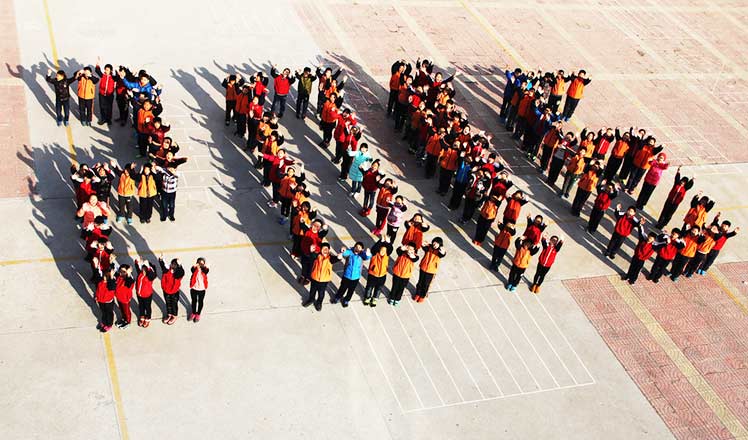
 Yearender: Predictions for 2016 through 20 questions
Yearender: Predictions for 2016 through 20 questions
 World's first high-speed train line circling an island opens in Hainan
World's first high-speed train line circling an island opens in Hainan
 'Internet Plus' changes people's lifestyles in China
'Internet Plus' changes people's lifestyles in China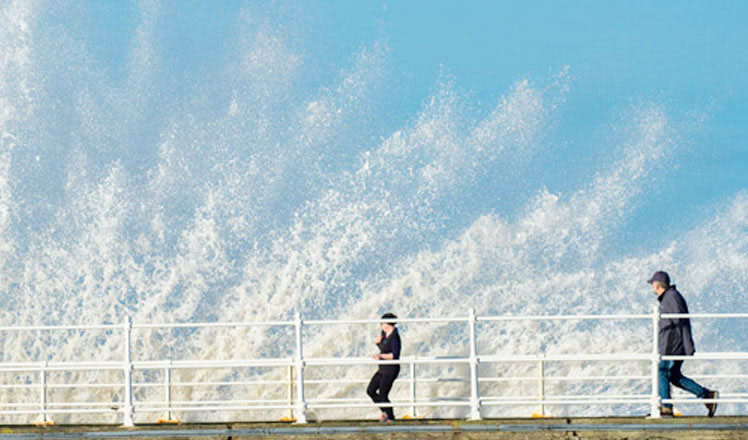
 Rough waters on the sea front of West Wales
Rough waters on the sea front of West Wales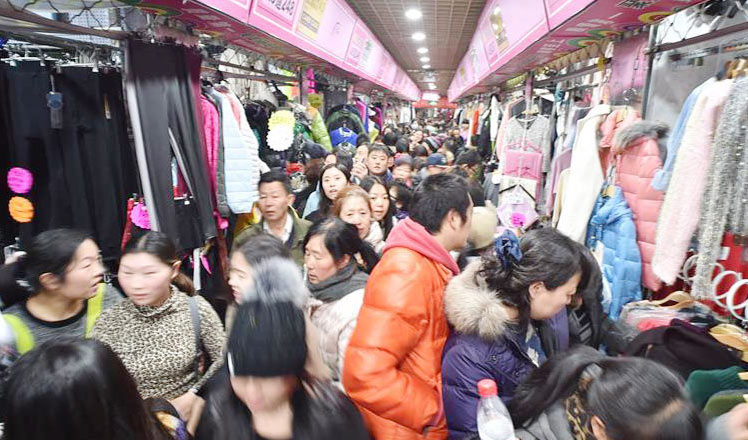
 Beijng Zoo wholesale market to be relocated by 2016
Beijng Zoo wholesale market to be relocated by 2016
 Iron woman: first female body builder in Egypt
Iron woman: first female body builder in Egypt
 Yearender: Chinese athletes of year
Yearender: Chinese athletes of year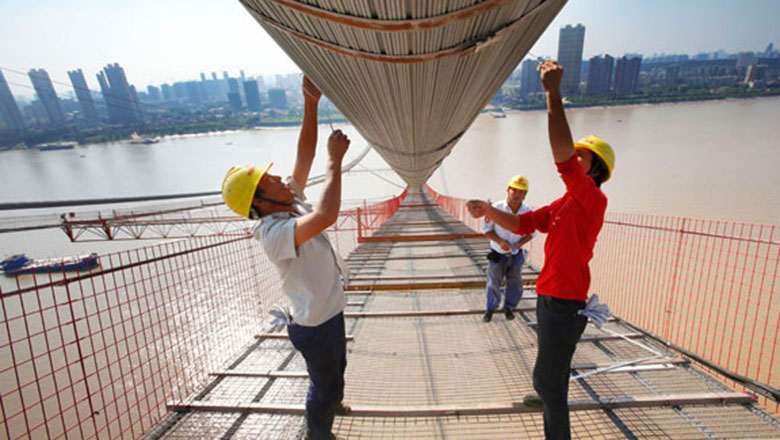
 Yearender: Key words from popular China news stories in 2015
Yearender: Key words from popular China news stories in 2015
Most Viewed
Editor's Picks

|

|

|

|

|

|
Today's Top News
Shooting rampage at US social services agency leaves 14 dead
Chinese bargain hunters are changing the retail game
Chinese president arrives in Turkey for G20 summit
Islamic State claims responsibility for Paris attacks
Obama, Netanyahu at White House seek to mend US-Israel ties
China, not Canada, is top US trade partner
Tu first Chinese to win Nobel Prize in Medicine
Huntsman says Sino-US relationship needs common goals
US Weekly

|

|







